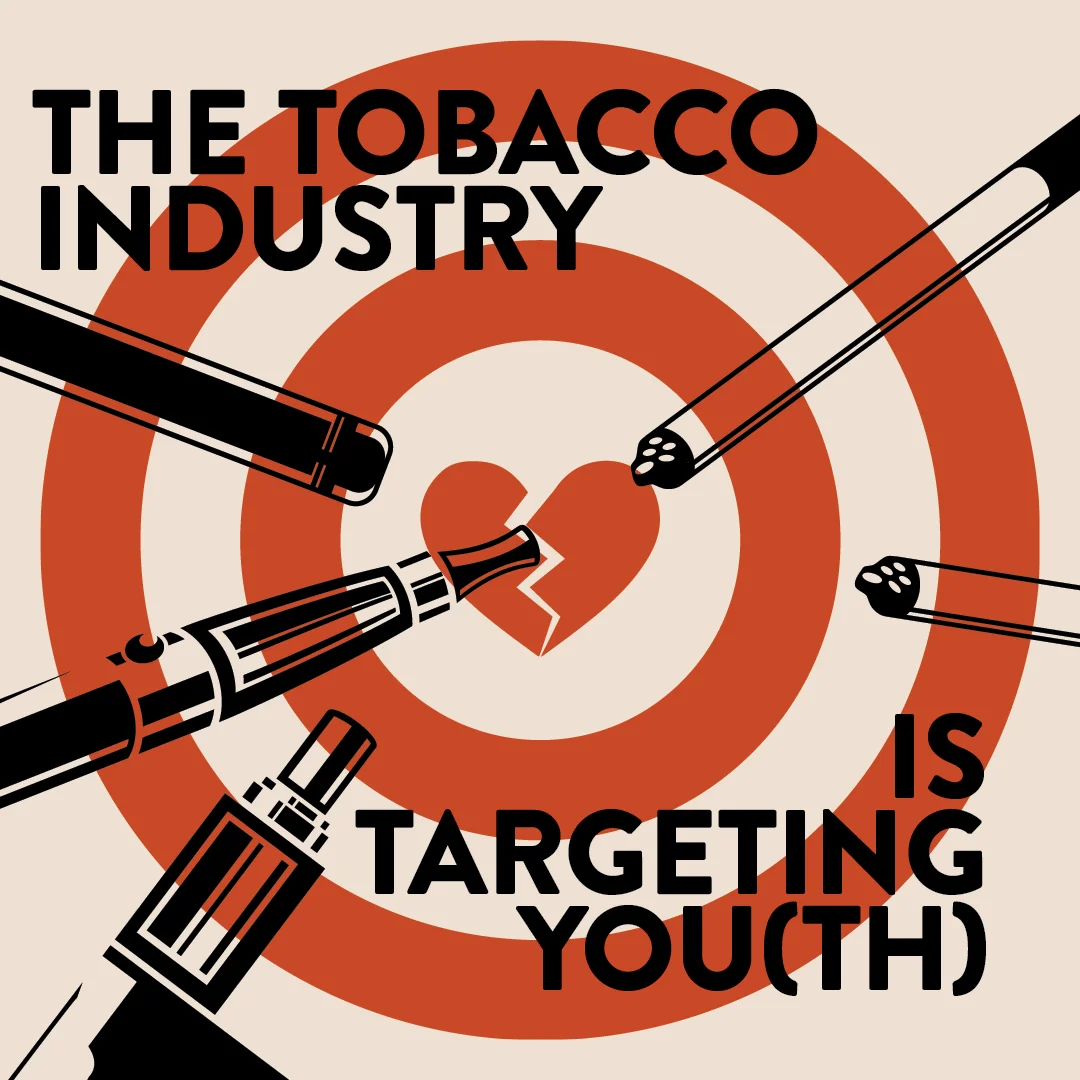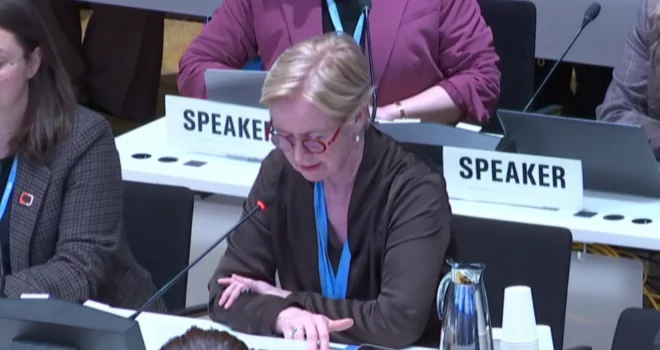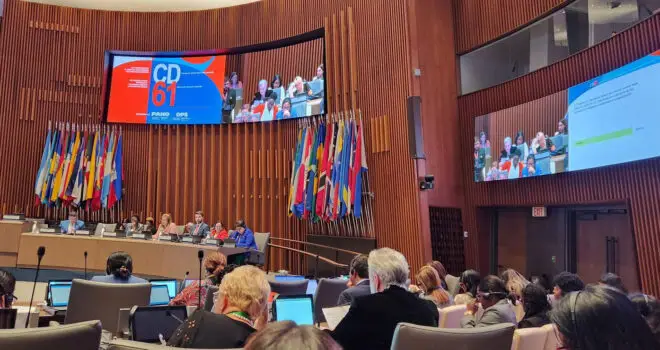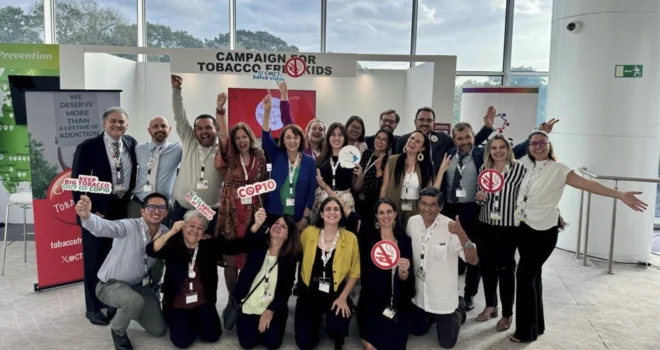The World Heart Federation is excited to celebrate World No Tobacco Day with the global cardiovascular health and tobacco control communities. Tobacco remains a significant, yet preventable, risk factor for cardiovascular disease, accounting for approximately 17% of all cardiovascular disease deaths. WHF believes that everyone everywhere – from childhood through adolescence and adulthood – has a right to be protected from the pernicious health impacts of tobacco.
The tobacco industry has a long history of systematic and deliberate interference in health and regulatory sciences. Through biased and deceptive industry-funded research, it has sought to sow unnecessary and harmful confusion and controversy among the public, scientists, and policymakers to promote its products.

For decades, the industry has targeted young people with aggressive marketing strategies to perpetuate nicotine addiction. Its focus on children and adolescents, especially in low- and middle-income countries where regulations on advertising, promotion, and sponsorship are more lenient or not strictly enforced, is particularly alarming. In some regions, advertisements are even strategically placed outside of schools. Studies have shown that youth exposed to such marketing ploys are significantly more prone to use tobacco and nicotine products.
The tactics of the industry are multifaceted, including greenwashing, sportswashing, sponsoring of youth-oriented events, and using influencer endorsements to craft a “cool” and “trendy” image of its products, ultimately aiming to secure lifelong addiction. The addition of flavouring agents in both conventional and newer tobacco and nicotine products is perhaps the most egregious strategy to appeal to youth, with over 15’000 flavours designed to entice first-time users and foster dependence.
In recent years, the popularity of newer recreational nicotine products, including electronic nicotine delivery systems such as e-cigarettes, has surged drastically. Aggressive misinformation campaigns and industry-funded studies have largely contributed to the common belief that e-cigarettes are mostly harmless.
The WHF Policy Brief, E-Cigarettes: A New Threat to Cardiovascular Health, highlights that e-cigarettes are far from innocuous and pose significant risks to cardiovascular health. In particular, modern e-cigarettes can deliver nicotine concentrations comparable to, or even greater than, conventional cigarettes. The WHF Policy Brief, Nicotine and Cardiovascular Health: When Poison Is Addictive, shows that nicotine can harm the heart, even on its own. In addition, in the case of infants, children, adolescents, and pregnant women, nicotine can impair brain development, potentially leading to cognitive and behavioural issues.
Undoubtedly, newer tobacco and nicotine products are designed with young consumers in mind, as a critical market for long-term profitability. As such, the World Heart Federation urges all stakeholders to protect younger generations from the manipulative tactics of the tobacco industry. In particular, we call on governments to:
- Ban flavouring agents in all tobacco and nicotine products;
- Implement Article 5.3 of the WHO FCTC to oppose industry interference;
- Implement Article 6 of the WHO FCTC to raise taxes and reduce affordability of tobacco and nicotine products;
- Implement Article 8 of the WHO FCTC to establish smoke-free environments; and
- Implement Article 13 of the WHO FCTC to eliminate tobacco advertising, promotion, and sponsorship.
WHF also recognizes that it is essential to engage youth advocates and youth organizations in shaping and implementing policies to counter these harmful practices. We are thrilled to present our WNTD video, which features messages from young advocates and leaders from across the world. These passionate voices highlight the critical need to protect future generations from the clutches of the tobacco industry.
In line with the above commitments, WHF has adopted a conflict of interest policy to exclude tobacco industry representatives from its events and congresses. Our policy aims to uphold scientific integrity and protect public health by preventing further spread of misinformation. On World No Tobacco Day, we urge WHF Members and other health professional organizations to implement similar conflict of interest policies to preserve the integrity of their activities and safeguard public health from the influence of the tobacco industry.


